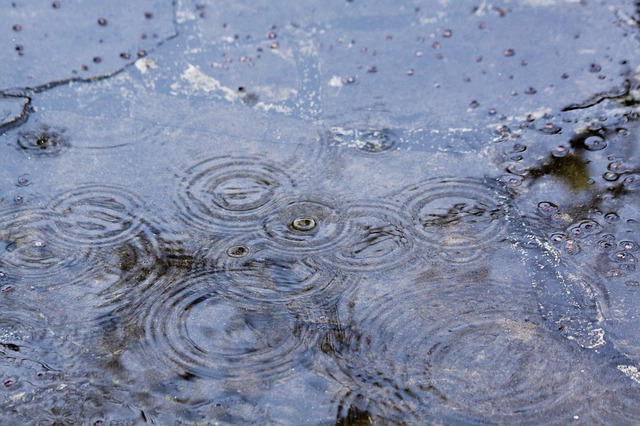 Who does not love getting wet when the skies open up after a particularly hot summer?
Who does not love getting wet when the skies open up after a particularly hot summer?
The first rains also bring up a certain, seemingly unnameable fragrance that is so satisfying to the senses. The odor is particularly strong in arid regions after a long period of dry weather.
The name for this earthy aroma is Petrichor, and it was coined by two Australian researchers in the 1960’s. The word comes from the Greek word “Petros” which means stone and the Greek word “ichor” which refers to “the fluid that flows in the veins of the gods”.
Science Of Petrichor
Researchers noticed that a yellowish oil secreted by plants and found in the dry, rocky soil is responsible for the musky smell. Scientists believe this is a survival mechanism as the oil inhibits new seeds from germinating and competing with existing plants for limited water resources. With the first thunderstorm, the compounds in the oil combine with water and are released into the air as the fragrance of wet earth.
 Sometimes the oils mix with bacteria that are scattered on the surface of Earth. These bacteria (known as Streptomyces) secrete a chemical called geosmin when they produce spores. The first rainfall pushes the spores up into the air and into our noses as the unique odor.
Sometimes the oils mix with bacteria that are scattered on the surface of Earth. These bacteria (known as Streptomyces) secrete a chemical called geosmin when they produce spores. The first rainfall pushes the spores up into the air and into our noses as the unique odor.
Furthermore, researchers believe that geosmin and terpenes, the source of scent in plants, could be closely related. Leaves of plants have fine hairs and when rain hits them, it damages the hair and causes fragrant chemicals to be produced. It is also possible that the plants’ metabolism slows down in dry weather and rainfall invigorates plants and releases a pleasant odor.
Other Fun Facts!
- Although the smell that geosmin produces is thought to be alluring, its unpleasant taste can be easily detected in foods/drinks. In fact, humans can detect its presence in water or mineral water even in small amounts
- Did you know that beets attribute their unique flavor to the presence of geosmin in them?
- Even animals are sensitive to geosmin, but not nearly as much as humans are!
- When petrichor was first discovered, it was, in fact, being collected and sold as an aroma called “matti ka attar” in India
- Thunder and lightning actually play a role in petrichor because they clear the air of pollutants and create the sharp smell of ozone, which contributes to the fragrance
- Petrichor is being collected for use in perfumes and even in commercial antibiotics!
What do you think of Petrichor? Have you ever smelled the fragrance or recognized it in the air?
Sources: BBC, NYTimes, Nature, LiveScience, Smithsonianmag, IFLScience







